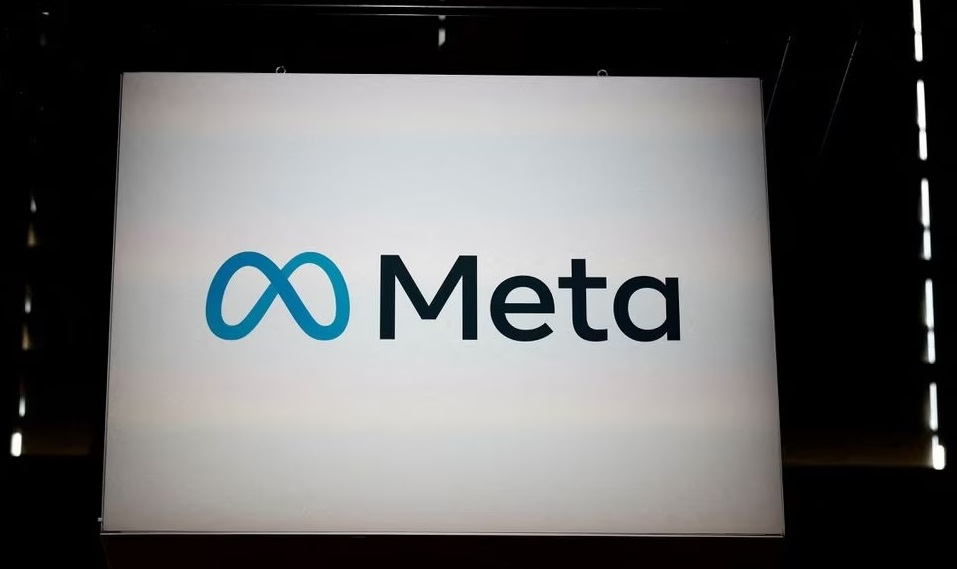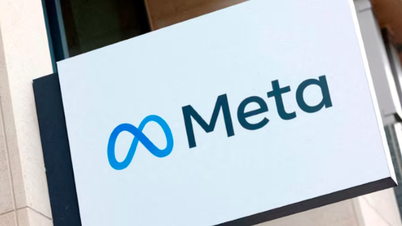One of the reasons Meta has given is that news has no economic value to the company, and its users do not use its platforms to consume news. Canada previously proposed the bill after news publishers accused Big Tech of “strangling journalism” in the online advertising market.

Meta announced it would block access to news on Facebook and Instagram in Canada. Photo: Reuters
Why is Big Tech opposing the bill?
Canada's Parliament has passed a bill called Bill C-18, or the Online News Act, that would require Big Tech to pay news publishers in the country. It would force platforms like Facebook and Google to negotiate commercial deals and pay for journalistic content that appears on these tech platforms.
Both Meta and Google have warned that they will withdraw access to news articles on their platforms in Canada if the law passes without amendment. Facebook said links to news articles make up less than 3% of the content in users' feeds and that journalists benefit from having their work published on the social media platform.
Google has argued that Canada's law is broader than those enacted in Australia and Europe, and sets a price for news links displayed in search results. Google has proposed a revision that would base payment on the display of news content, rather than links; and would specify that only news organizations that adhere to journalistic standards would be eligible for payment.
What happened when similar legislation came into effect in Australia?
Google and Facebook also threatened to cut off their services after Australia became the first country to enact similar legislation in 2021. Both eventually reached agreements with Australian news and media organisations after the law was amended.
During the fight, Facebook also cut off access to Australian news sites on its platform, only restoring them after the Australian government made concessions.
However, in the year after the law came into effect, Meta and Google paid about AU$200 million ($134 million) annually to Australian news outlets, according to a report from Australia's competition regulator.
What might its global impact be?
Lawmakers are pushing for similar rules in Meta’s home state of California and in the U.S. Congress. Meta says it makes 40% of its revenue, or $117 billion last year, in the U.S., Australia, Canada and several other key markets.
So if Meta or Google can't change the aforementioned news law in Canada, the tech giant could face a similar fate in the US.
In 2022, US lawmakers introduced a revised version of the bill that would make it easier for news organizations to negotiate collectively with platforms like Google and Facebook.
The New Zealand government said it will also introduce legislation in 2022 that would require big tech companies like Google and Facebook to pay news and media organizations in the country for local news content that appears in their feeds.
Hoang Hai (according to Reuters)
Source


![[Photo] Welcoming ceremony for Prime Minister Pham Minh Chinh and his wife on an official visit to Malaysia](https://vphoto.vietnam.vn/thumb/1200x675/vietnam/resource/IMAGE/2025/5/25/dc30203c3ae24da3990266ec3b29bb2d)


![[Photo] The coffin of former President Tran Duc Luong arrives in Quang Ngai](https://vphoto.vietnam.vn/thumb/1200x675/vietnam/resource/IMAGE/2025/5/25/1f1aca0d92ab47deae07934e749b35e6)

![[Photo] Festival of accompanying young workers in 2025](https://vphoto.vietnam.vn/thumb/1200x675/vietnam/resource/IMAGE/2025/5/25/7bae0f5204ca48ae833ab14d7290dbc3)































































































Comment (0)